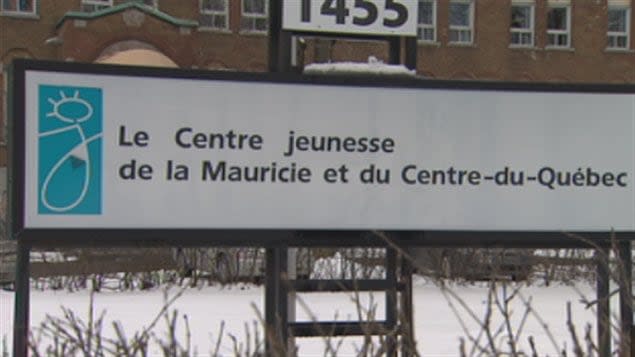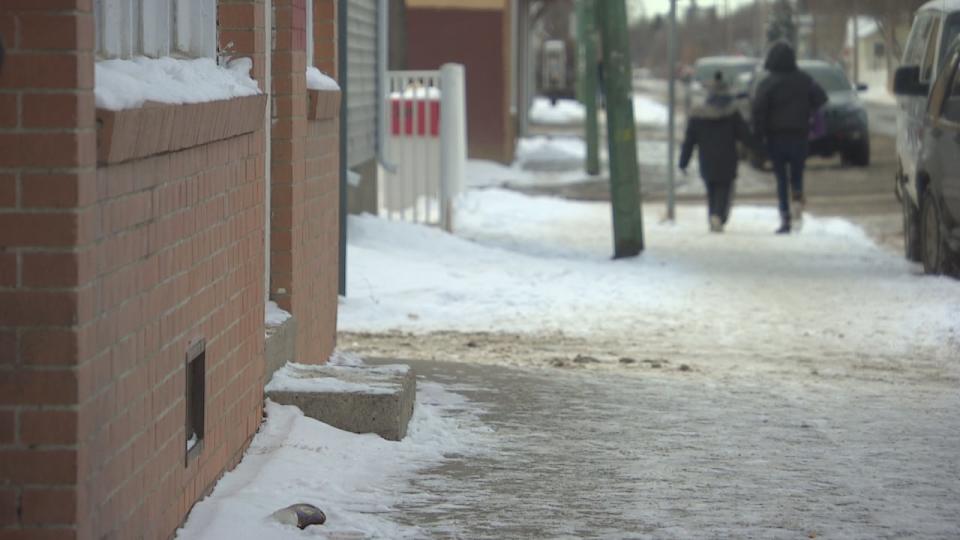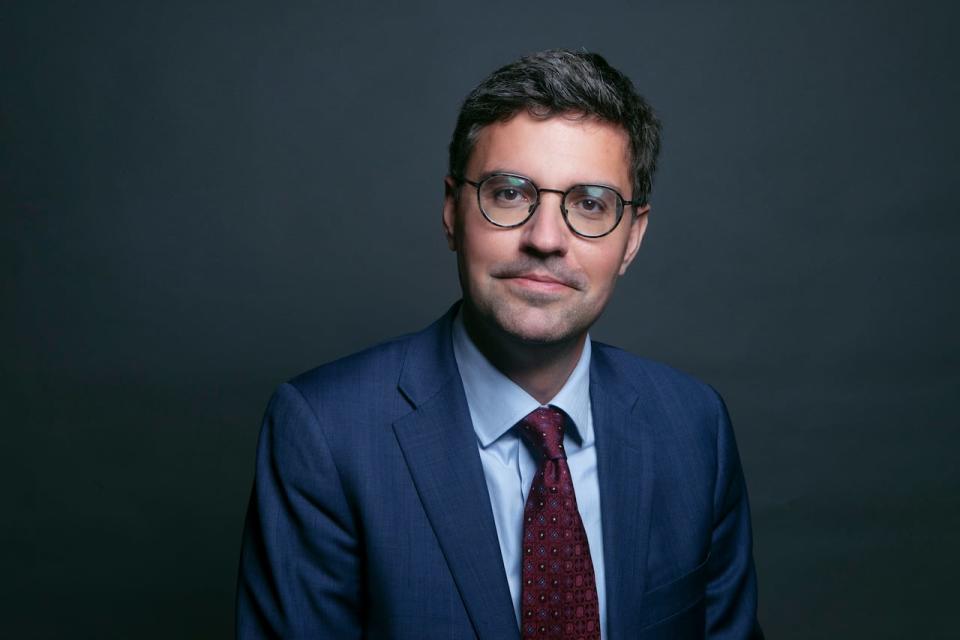'Beyond belief' Quebec judge blasts youth protection over treatment of northern teen
WARNING: This story contains details of sexual abuse.
Quebec's youth protection services are under fire for failing to ensure the safety of a teenage boy from the province's north who was believed to be a target of gangs and child sex trafficking.
Allegations of sexual abuse and threats against the 16-year-old's life came during his time in rehabilitation centres down south, which he repeatedly ran away from.
In a May 9 decision, Quebec Court Judge Peggy Warolin said the provincial youth protection department failed to intervene when those claims first arose, and kept the youth in rehabilitation centres for too long, when there was little to no proof that being at the centre was helping him.
"Can we imagine worse than a teenager who repeatedly runs away from an intensive supervision unit only to find himself the victim of a prostitution and drug trafficking network?" she wrote in French.
The teen, who can't be identified due to youth protection laws, had repeatedly said he wanted to return to live in his community and develop his ties with his parents and siblings.
The judge ruled the teen's rights under the Youth Protection Act, and the Act Respecting First Nations, Inuit and Métis Children, Youth and Families, were harmed by the province's child and youth protection centre.

The teenager was taken from his parents, who are separated, in northern Quebec when he was two years old.
After that, he was bounced around between different foster families – and at one point with his grandparents. But most of those stays were short-lived.
The child showed aggression, suicidal ideation and has struggled with substance use. On many occasions, he refused to take his ADHD medication, the decision said.
He began his numerous stints at rehabilitation centres starting in April 2017.
Rehabilitation centres not working
In January, a child psychiatrist concluded the living environment of a rehabilitation centre wasn't working for the teen, and would be safer closer to his home community.
On being with his family though, the department was hesitant, due to the level of close monitoring needed and given the youth's inclination to run away.
Warolin blasted youth protection services for not having the courage to "deviate from reference manuals" and follow the opinion of professionals.
From October 2020 to May 2024, the judge said being at a rehabilitation centre only stabilized his condition and brought little change.
"So as the adage goes, by applying the same recipe with the same ingredients, you should not expect to have a different result," she said.
During his later escapes, the boy allegedly became involved with a gang and child sex trafficking.
During a visit to his parents, the teenager revealed he was being mistreated in his foster home at the time, and was a victim of sexual abuse.

Communication failure within the department
Detective Julie Hobbs came across the teenager during an investigation into sexual abuse that's still ongoing.
She made a statement to police on February 9, 2023 about the abuse. Hobbs said she immediately contacted Youth Protection through several channels, including their 1-800 number.
But the director of Youth Protection said they didn't find out until six months later, in August.
One email submitted to court reads, "We are more than surprised to read the facts stated in your email concerning prostitution and death threats, considering that none of our team members had been informed of this significant information."
Warolin said "that such a report, to the effect that a teenager is directly or indirectly connected to a prostitution network and that it is made by none other than a detective agent specializing in sexual crimes, be untraceable, beyond belief."
She ordered the decision be sent to Philippe-André Tessier, president of the Commission des droits de la personne et des droits de la jeunesse (Quebec's Human and Youth Rights Commission).

In an interview with CBC, Tessier said he wasn't surprised to hear such issues with the department.
"There is a lack of training as to what the DYP should be doing when they're informed of a situation," he said.
Even then, Warolin said there were a multitude of clues, as early as 2022, about the child's involvement with gangs.
"It is inconceivable that no intervention was made before."
In an email to CBC, a spokesperson for the department said they could not discuss specific cases and are required to protect the teen's privacy.
The spokesperson said the department has been working, "for several years to improve the services offered to Indigenous children, including those from Nunavik, and their families, to promote cultural continuity and increased community participation."
Home is where he should be
Warolin made several orders in her decision, including for the department to review its communications and training programs, and to determine why no recording was made of the call Hobbs made to the 1-800 number.
She also directed the youth be returned to his family.
"It is not just a matter of coming home. It is also a question of being able to evolve in one's environment, in one's culture, in one's traditions and in one's heritage," she said.
Tessier said that often times, youth in Nunavik in need of special care are taken down south, where most of the foster care and rehabilitation resources are.
"That puts tremendous pressure on these children, and goes against the requirements of the Youth Protection Act."


